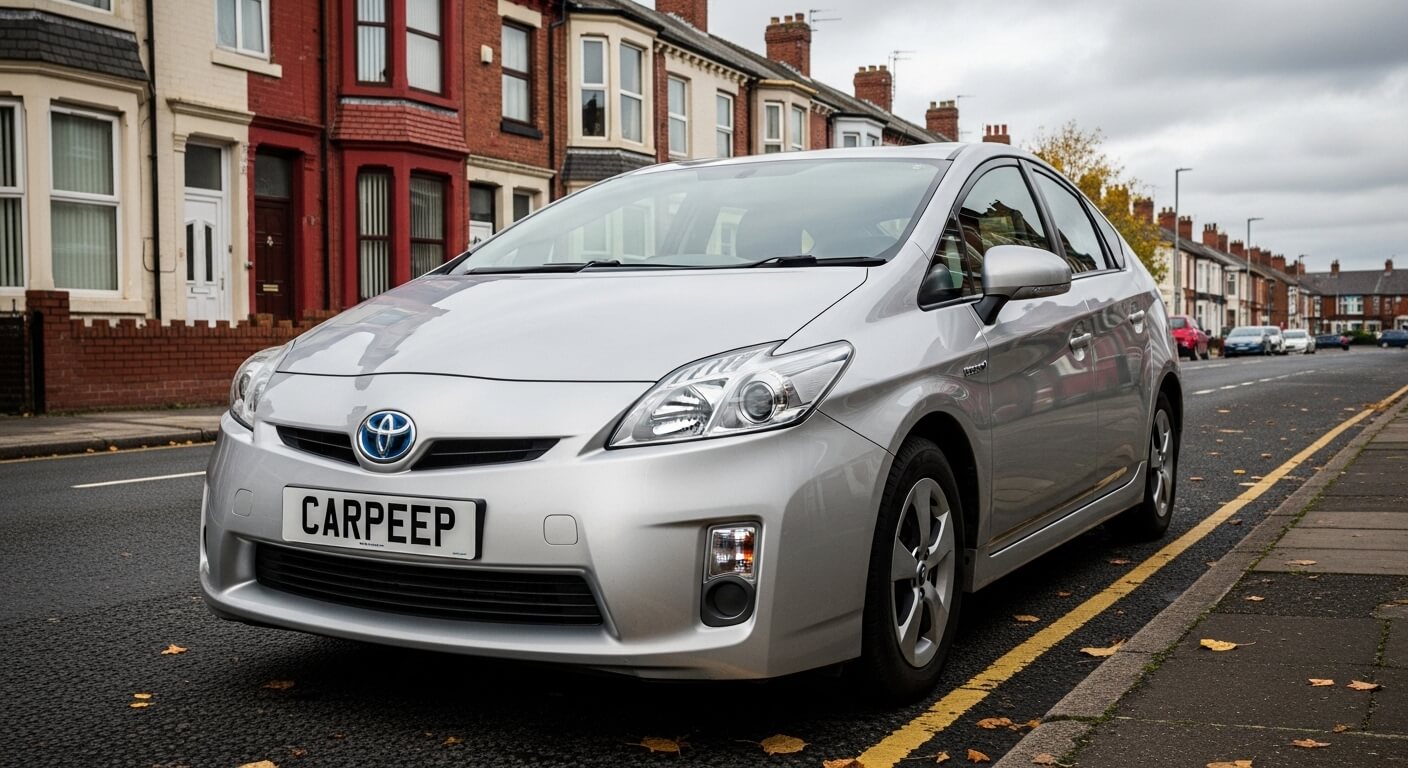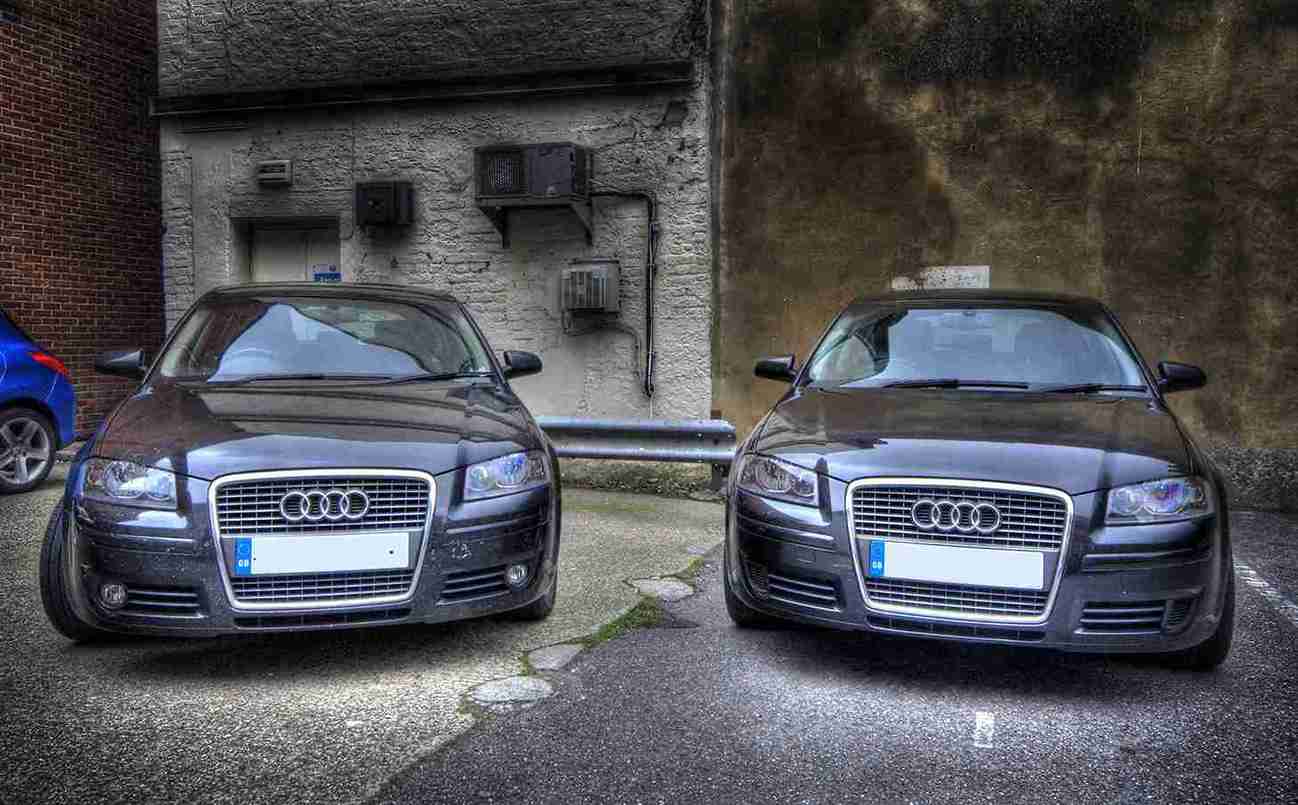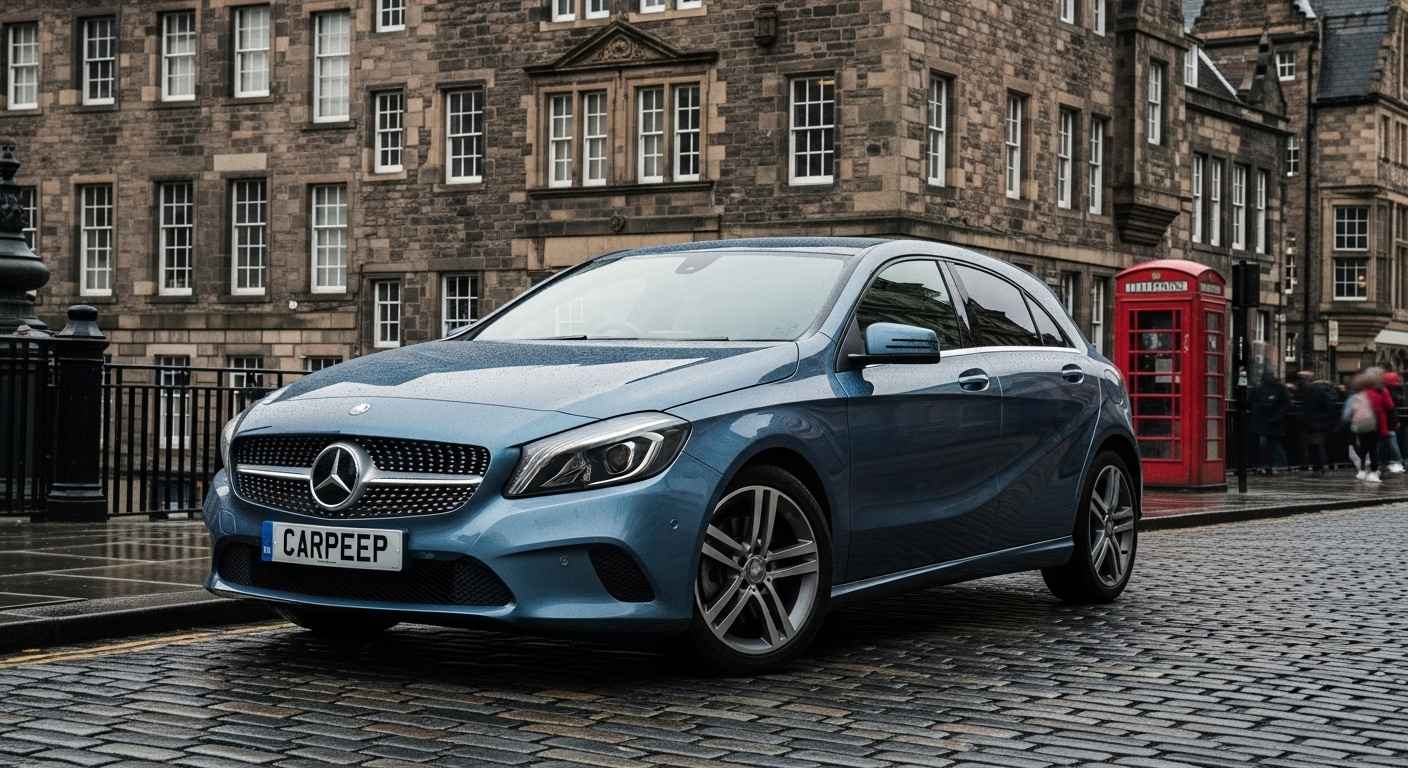Car cloning is when criminals steal a vehicle's identity by using its registration number and VIN on a different car, usually one that is stolen or written off. It is more common than many buyers realise and innocent people can lose everything.
Critical warning
If you buy a cloned car, police will seize it. You will lose your money and may face legal complications while proving you were not involved in the crime. This is not a risk you can afford to ignore.
What Is Car Cloning?
Criminals take the identity of a legitimate car, often taken from online adverts, and apply those details to a stolen or damaged car of the same make, model and colour.
The cloned car appears legitimate on basic checks because it uses real vehicle details from a genuine car that still exists somewhere else.
"I lost thousands when police seized my new car. It turned out the seller had cloned the identity from a car in another part of the country. I had no idea until the police knocked on my door."
Warning Signs of a Cloned Car
Five red flags to watch for
- Price too good to be true: Significantly below market value without a clear reason.
- VIN discrepancies: Numbers do not match across different locations on the car.
- Fresh documentation: Brand new V5C or multiple recent keeper changes.
- MOT history issues: Records that do not align with the vehicle you are viewing.
- Evasive seller: Will not meet at home and pressures you for a quick sale.
Check the VIN in Multiple Locations
The Vehicle Identification Number should be identical in all of these places.
- Dashboard, visible through the windscreen.
- Driver's door frame.
- Engine bay.
- Under the bonnet on stamped metal plates.
- V5C document.
Signs of tampering
Look for scratched or re stamped numbers, mismatched fonts, rivets that have been removed and replaced, glue residue around VIN plates or grinding marks on metal. Any of these is a major red flag.
Documentation Red Flags
Warning signs
- V5C logbook looks brand new for an older car.
- Multiple keeper changes in a very short time.
- Seller is not the registered keeper.
- Service history does not match the VIN.
- MOT locations jump randomly around the UK.
Good signs
- Original V5C with consistent history.
- Seller is the registered keeper and address matches.
- All documents show the same VIN and registration.
- MOT history is logical and consistent over time.
- Seller welcomes verification and questions.
How to Protect Yourself
Your protection checklist
- Run a comprehensive Carpeep vehicle check before viewing.
- Physically inspect VIN plates for any sign of tampering.
- Cross reference VIN with V5C and MOT records.
- Check online MOT history for inconsistencies.
- Meet the seller at their registered address, not just a random car park.
- Take clear photos of all VIN locations.
- Ask detailed questions about the vehicle history and ownership.
Pro tip
A Carpeep check will reveal if the car has been reported stolen, whether it has been written off, full MOT history to verify authenticity and finance records. This is your first and most important line of defence.
What to Do if You Suspect Cloning
If something does not feel right, take it seriously and act immediately.
Do not complete the purchase. Walk away.
Take photos of the VIN and registration plates as evidence.
Report your concerns to Action Fraud.
Contact the DVLA with the details.
Share information to help prevent other buyers being targeted.
Key takeaways
- Car cloning is serious. Innocent buyers lose thousands every year.
- Always check the VIN in multiple locations and make sure they match exactly.
- Run a comprehensive vehicle check before buying, every time.
- If the price seems too good to be true, it usually is.
- Trust your instincts. If something feels wrong, walk away.



